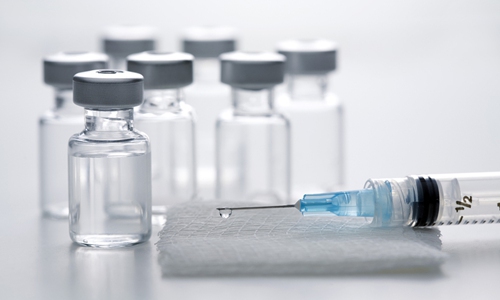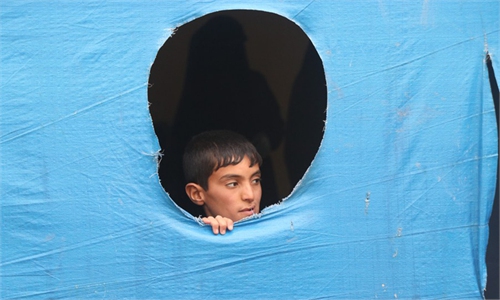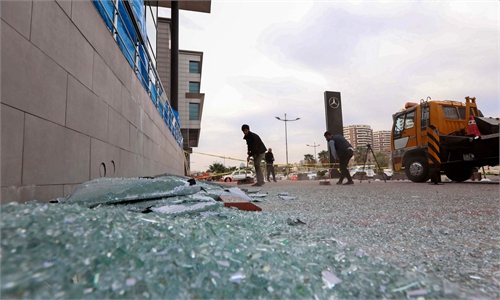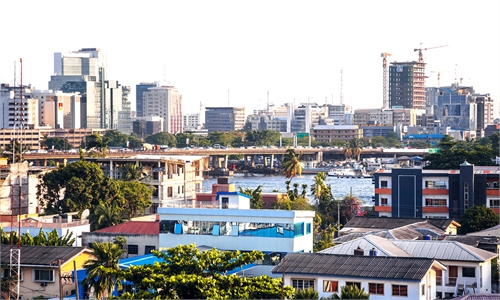UNICEF says rich countries like G7 can afford to donate COVAX jabs
UNICEF says rich countries can afford to donate COVAX jabs
Countries belonging to the G7 and the European Union can afford to donate more than 150 million vaccines to countries in need without compromising their own goals, UNICEF said on Monday.
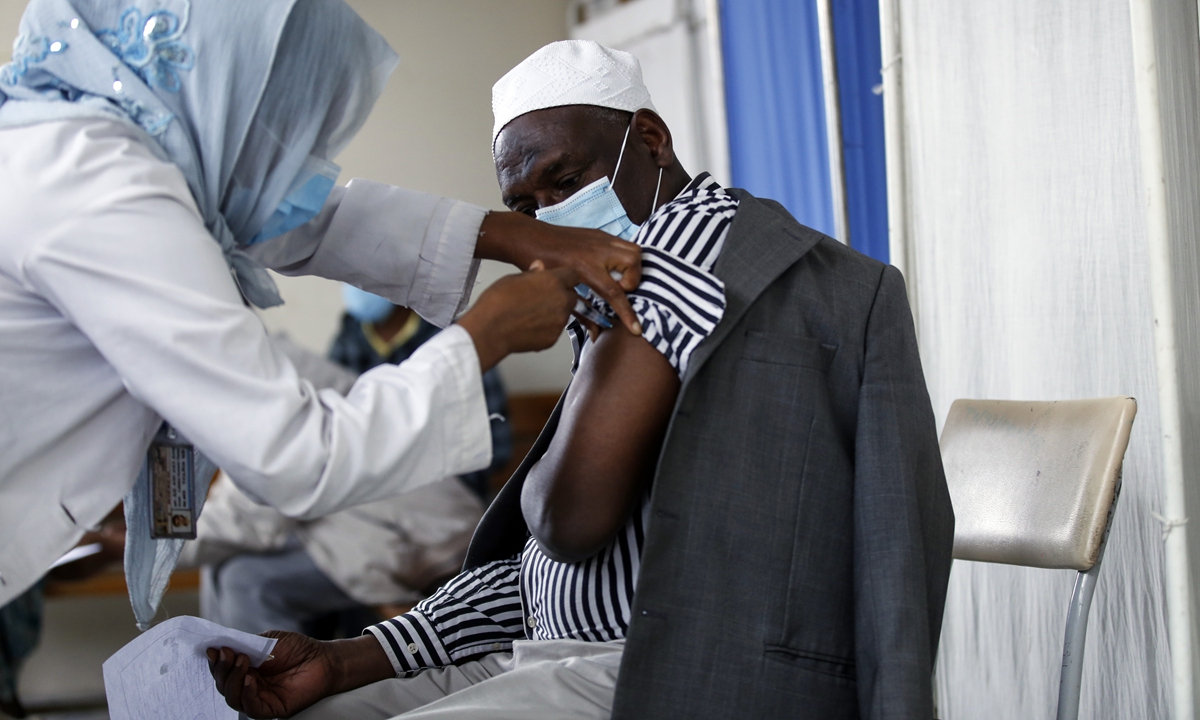
"And they could do this while still fulfilling their vaccination commitments to their own populations," UNICEF director Henrietta Fore said.
The UK is due to host its fellow G7 member states Canada, France, Germany, Italy, Japan and the US for a summit in June. By that time UNICEF said the COVAX program being co-led by Gavi the Vaccine Alliance, along with the World Health Organization (WHO) and Coalition for Epidemic Preparedness Innovations (CEPI) will find itself 190 million doses short of what it had planned to distribute. The shortfall is in part due to a devastating flare-up of the virus in India, which was due to manufacture and export the majority of COVAX doses and is now instead putting them to use at home.
With additional shortages in supplies and funding, the statement called for swift action until more sustainable production models are within reach.
"Sharing immediately available excess doses is a minimum, essential and emergency stop-gap measure, and it is needed right now," it read.
Some 44 percent of the 1.4 billion doses of COVID-19 vaccines so far injected around the world have been administered in high-income countries accounting for 16 percent of the global population. Just 0.3 percent have been administered in the 29 lowest-income countries, home to 9 percent of the world's population.

People over 55 year of age receive AstraZeneca/Oxford vaccines, sent by World Health Organisation's (WHO) COVAX, against the coronavirus (COVID-19) pandemic at Kazanches Health Center in Addis Ababa, Ethiopia on April 14. Photo: VCG
The world's seven richest states and the EU could help close the world's vaccine gap by sharing just 20 percent of their June, July and August stocks with the COVAX jab scheme for poorer nations, a study by British firm Airfinity showed."And they could do this while still fulfilling their vaccination commitments to their own populations," UNICEF director Henrietta Fore said.
The UK is due to host its fellow G7 member states Canada, France, Germany, Italy, Japan and the US for a summit in June. By that time UNICEF said the COVAX program being co-led by Gavi the Vaccine Alliance, along with the World Health Organization (WHO) and Coalition for Epidemic Preparedness Innovations (CEPI) will find itself 190 million doses short of what it had planned to distribute. The shortfall is in part due to a devastating flare-up of the virus in India, which was due to manufacture and export the majority of COVAX doses and is now instead putting them to use at home.
With additional shortages in supplies and funding, the statement called for swift action until more sustainable production models are within reach.
"Sharing immediately available excess doses is a minimum, essential and emergency stop-gap measure, and it is needed right now," it read.
Some 44 percent of the 1.4 billion doses of COVID-19 vaccines so far injected around the world have been administered in high-income countries accounting for 16 percent of the global population. Just 0.3 percent have been administered in the 29 lowest-income countries, home to 9 percent of the world's population.
